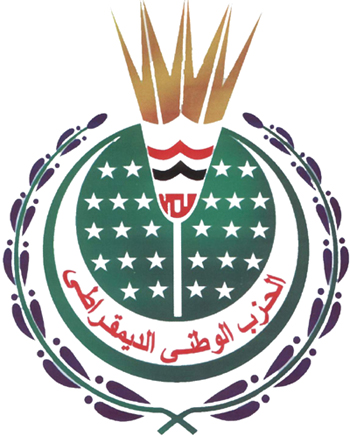Egypt’s banking sector, under the leadership of the Central Bank of Egypt (CBE), is intensifying its commitment to sustainable finance, playing a pivotal role in achieving the country’s Sustainable Development Goals (SDGs) and Vision 2030. Banks across the nation are expanding financial and banking services that integrate environmental and social considerations, aligning with global sustainability efforts.
The CBE has been proactive in promoting sustainable finance, encouraging banks to fund projects that support economic and environmental sustainability. Key focus areas include financing renewable energy power plants, waste recycling projects, and micro, small, and medium-sized enterprises (MSMEs). Additionally, banks have been prompted to develop financial products and services tailored for low- to middle-income citizens and Persons with Disabilities (PWDs).
In alignment with Egypt Vision 2030 and the United Nations’ SDGs, Egyptian banks have launched more than 24 innovative financing programmes within environmental and social sectors. These programmes cover diverse fields such as energy efficiency, renewable energy, agriculture, healthcare, and digital transformation.
A total of 31 banks have introduced financial products that support a competitive and diversified economy, enhancing economic resilience, creating job opportunities, improving the business environment, and promoting entrepreneurship and financial inclusion. Several financing programmes have also been designed to strengthen social equity.
Egyptian banks have played a significant role in advancing 12 of the UN’s SDGs. Their targeted financial inclusion efforts include specialized banking products for vulnerable communities, financing schemes for farmers and smallholders, and tailored services for PWDs—contributing to the UN’s goal of reducing inequalities. To support the quality education goal, banks have introduced financing programmes for educational tuition fees. Additionally, banks have rolled out products specifically for women, including both financial and non-financial services designed to support female entrepreneurs and advance gender equality.
To drive clean energy and climate action, banks have introduced green financing programmes and green bonds, reinforcing their commitment to environmental sustainability.
Egypt’s banking sector has also embraced the Principles for Responsible Banking, issued by the United Nations Environment Programme Finance Initiative (UNEP FI). With a compliance rate of 75% of the sector’s total portfolio, banks are aligning their strategies with global SDGs, enhancing environmental and social impact while mitigating risks. These principles also promote responsible customer engagement to foster sustainable initiatives and stimulate economic growth that benefits both present and future generations.
Recognizing the CBE’s dedication to sustainable finance, the Sustainable Banking and Finance Network (SBFN)—an affiliate of the International Finance Corporation (IFC) and part of the World Bank Group—upgraded Egypt’s rating in 2024 from “Developing” to “Advancing.” This rating reflects the country’s progress in developing and implementing sustainable finance frameworks in line with global best practices. Since joining SBFN, Egypt’s rating has improved four times.
As a key international platform, SBFN represents 72 countries and 96 regulatory and governmental entities from emerging markets, working to integrate sustainability principles into financial systems. By aligning with these principles, Egypt’s banking sector is strengthening financial stability while driving sustainable development.
With an unwavering commitment to sustainable finance, Egypt’s banking sector continues to support national and international sustainability goals, fostering a more resilient, inclusive, and environmentally responsible economy for future generations.




